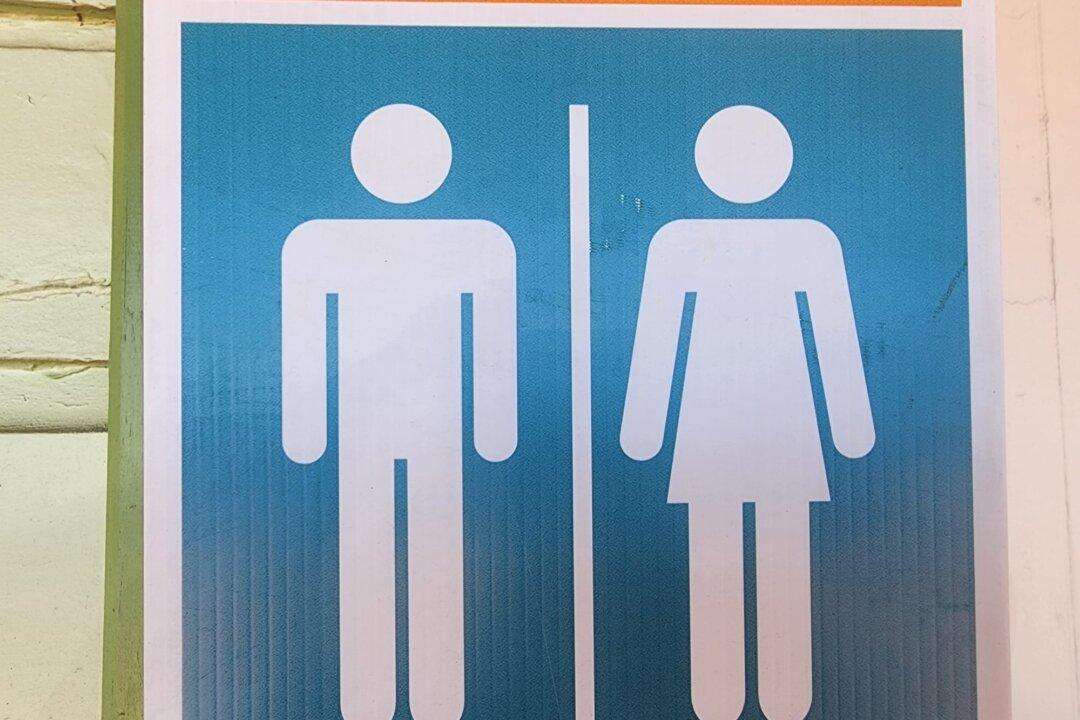Commentary
Entitlements represent the deepest divide between the two parties, one side always wanting more of them, the other seeing this as the road to ruin. That makes it hard to get a new one enacted, and yet we’re now seeing a vast new entitlement creating itself with neither congressional nor administrative action.
In addition, the people who have created it are the same ones it’s designed to benefit: Citizens of other countries cross our borders illegally, find their way to major cities, and deem themselves entitled to free food, free shelter, free transportation, and free medical care, and local jurisdictions then jump to it and provide those benefits, even when the large sums involved break local budgets and result in serious reductions in services to the taxpayers whose money is used to pay for all of this.
If an American citizen travels to Chicago, he’ll have to pay for his own food, medical care, and so on, because the only people who can’t benefit from this new entitlement are the people who pay for it, while the only people who can benefit from it have no legal right to be here.
This sounds like a stand-up comedian’s satire—except that it’s not comedy, it’s lunacy. In New York, children are being deprived of schooling so that illegal immigrants can be housed. What makes us allow people who are here illegally to run up huge bills at our expense but without our consent?
It’s certainly a humanitarian reflex that makes us feel that we can’t let these people starve or freeze or suffer without medical help. But in doing this, we have let them shift responsibility for their welfare from themselves, where it belongs, to us, where it doesn’t. They place themselves in danger, but then make us responsible for rescuing them from that danger. And they aren’t restrained in their demands: They’re apt to complain if they think the food or accommodation we give them isn’t up to their standards.
What can we do to return responsibility for their welfare to these people themselves, where it belongs? I have a modest proposal that’s humane while returning us to sanity.
I suggest that states or localities adopt a measure requiring that, as of 30 days from its enactment, no public money may be used to feed, house, transport, or medicate any individual who’s in the United States illegally, except that any such person shall be entitled to a free plane ticket to return to his or her native country.
Under this measure, nobody needs to starve, or freeze, or die of untreated disease. It returns responsibility for their own welfare to the illegal immigrants, where it belongs, but gives them plenty of time to decide how they want to exercise that responsibility. Do they want to go to a state or locality that hasn’t yet enacted such a measure? Or do they want to go home? Their choice. What they can’t do is stay where they are and expect local people to be forced to pay for their upkeep.
The beauty of this measure is that once a particular state (or locality) adopts it, other places that haven’t done so will be under more pressure to do likewise, because as more illegal immigrants crowd into fewer states, those states will be increasingly motivated to follow suit. As millions more illegal immigrants are funneled into those states that are reluctant to act, the citizens of those states will become increasingly insistent that they too should be relieved of this absurd burden that they never asked for. As the conditions for illegal immigrants progressively deteriorate, mass voluntary deportations could result.
By this means, the United States could achieve the resolution to this problem that most sensible people want, but in a humane and decent way that leaves nobody to suffer.
This is such a complete and sensible solution that it probably has no chance of being adopted.





